
‘The continents are drying out:’ New Research Shows Troubling Water Trends
New research by a team led by University of Saskatchewan (USask) hydrologist Jay Famiglietti shows water is leaving the continents at an increasing rate, which…

New research by a team led by University of Saskatchewan (USask) hydrologist Jay Famiglietti shows water is leaving the continents at an increasing rate, which…

The Standing Committee on Environment and Sustainable Development announced the beginning of a study on freshwater in Canada. In response to a motion of instruction…
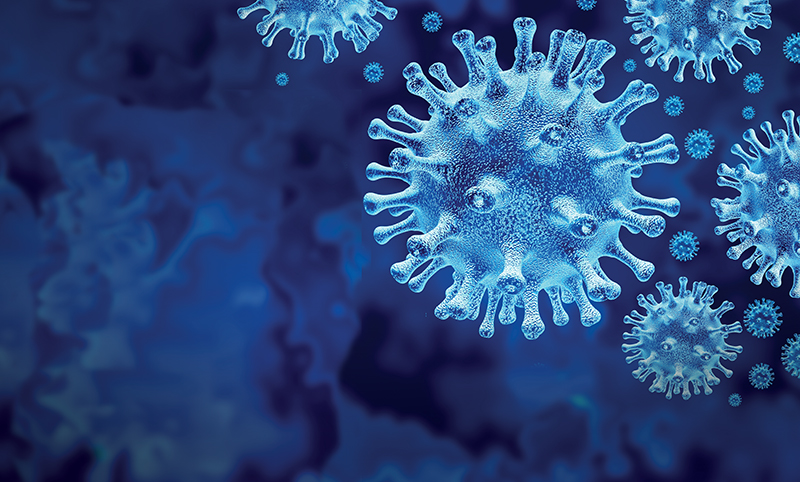
A University of Guelph (U of G) research team monitoring wastewater for SARS-CoV-2 is now searching for variants. Dr. Lawrence Goodridge is working with a team…

As spring nears, two University of Toronto researchers have found that the salt spread on roads and sidewalks in the Greater Toronto Area during the wintertime remains…
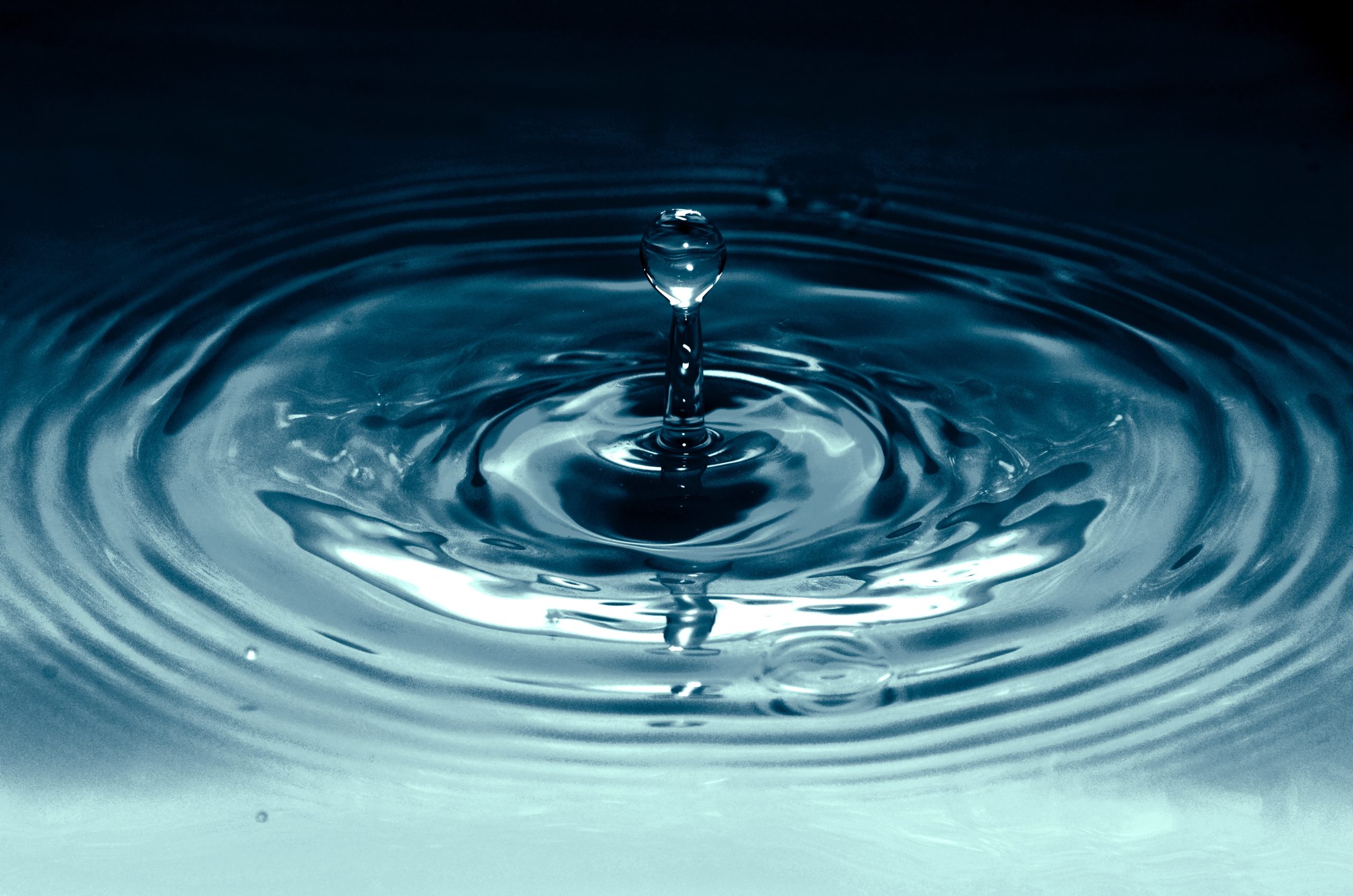
A multidisciplinary research team from the University of Saskatchewan (USask) has been awarded $289,000 for a project to develop water security solutions. The water security…

New research from UBC Okanagan suggests a systematic approach to forest and water supply research may yield an improved assessment and understanding of connections between…
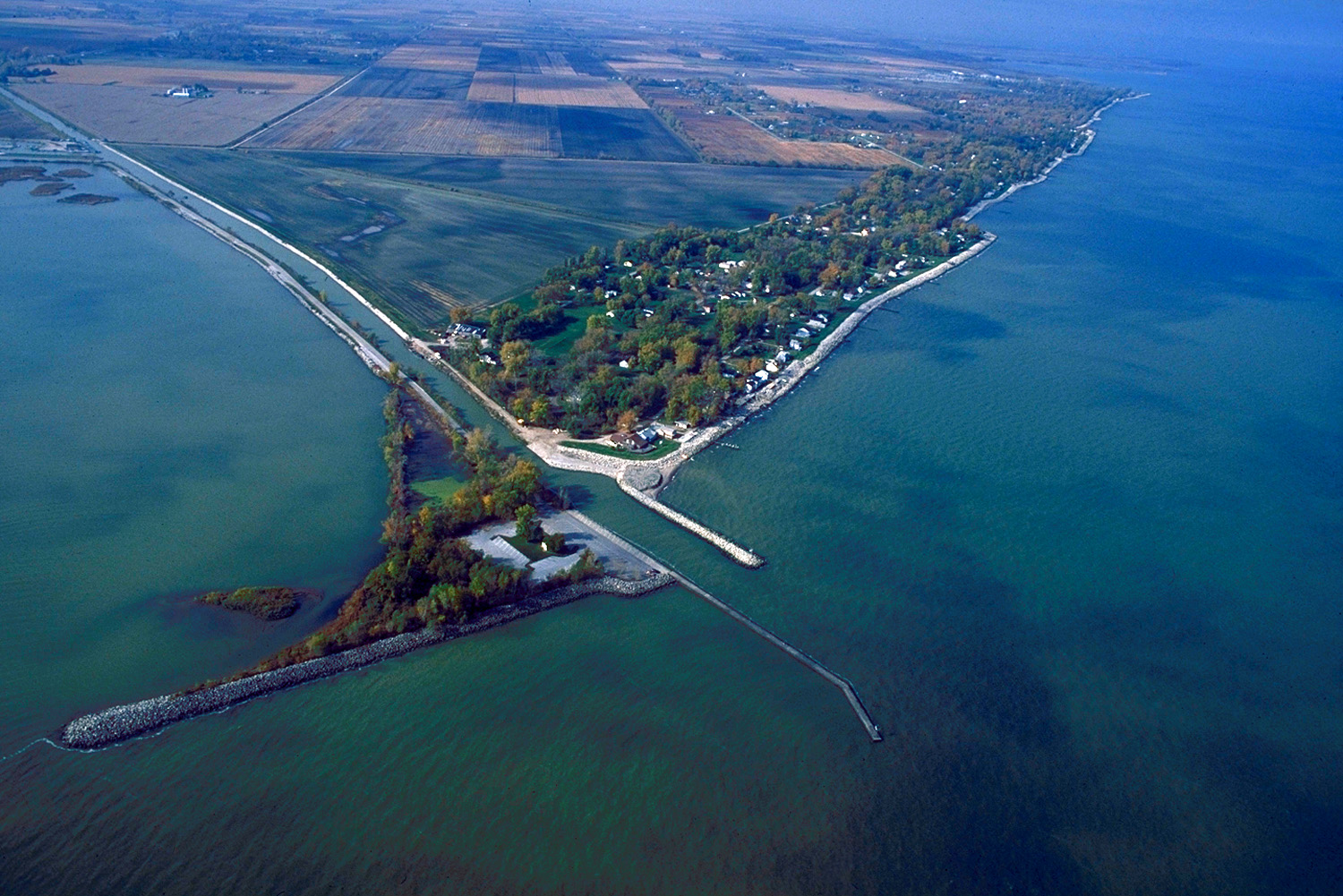
Climate change is leading to poorer water quality in Lake Erie, according to a new study led by University of Guelph researchers. More frequent extreme…
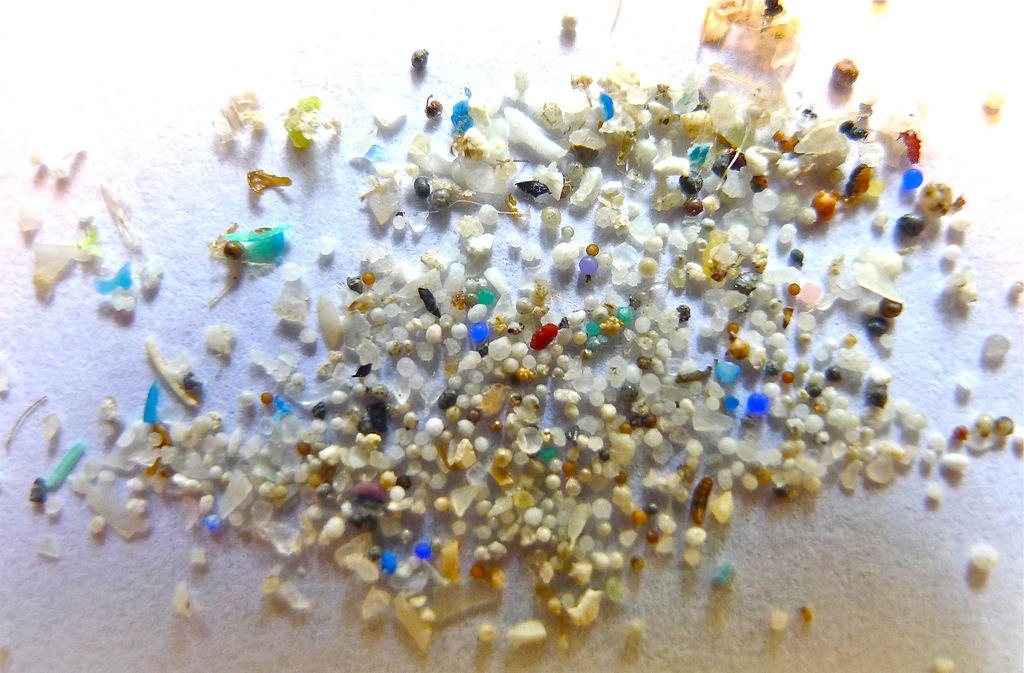
A research team from the Institut national de la recherche scientifique (INRS) has developed a process for wastewater treatment that degrades microplastics at the source. The results of this…

Pharmaceuticals, like a chemotherapy drug called methotrexate, can be highly effective for patients. However, these pharmaceuticals are finding their way into water bodies with wide-ranging…

The number of “extreme streamflow” events observed in river systems have increased significantly across the United States and Canada over the last century, according to…
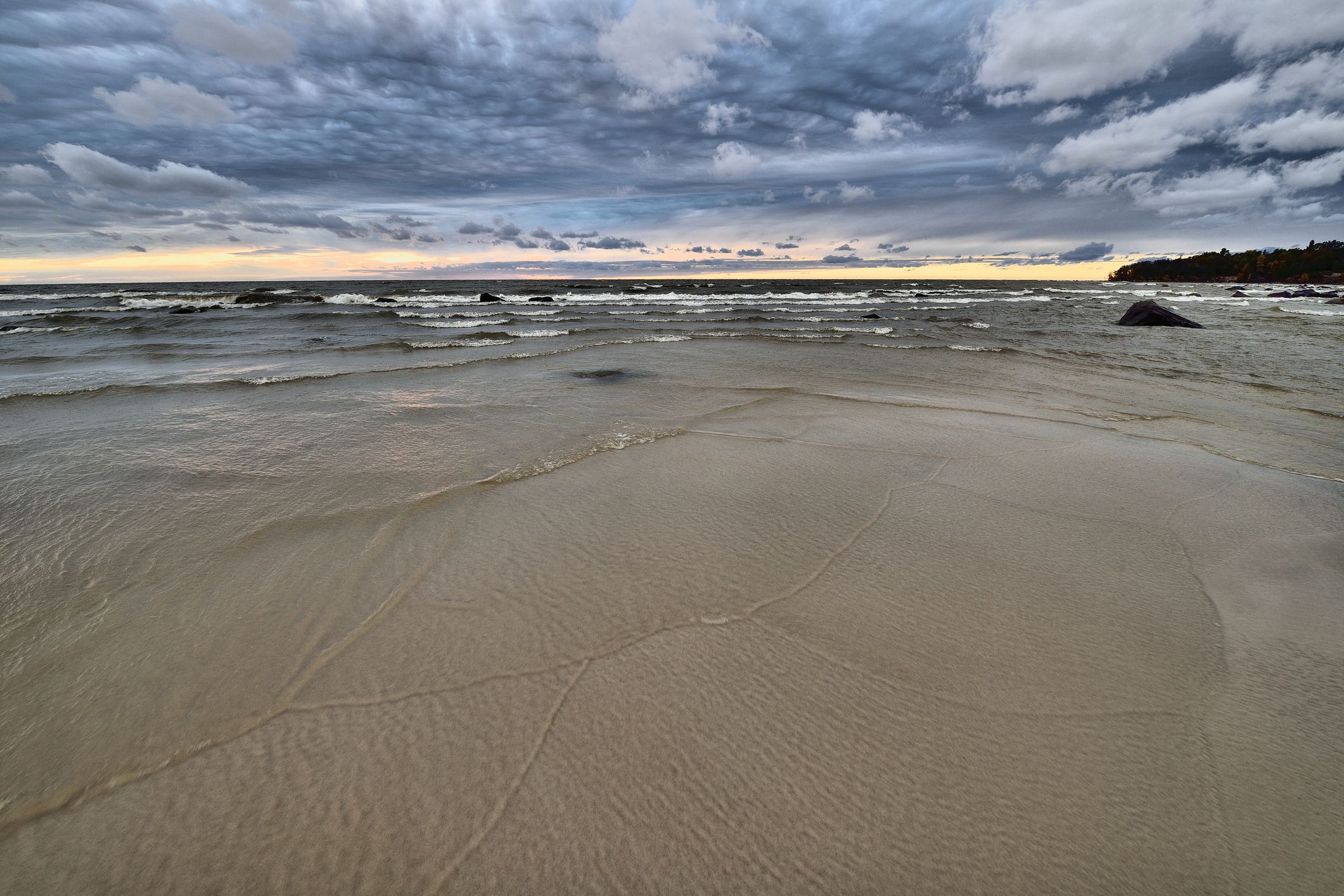
York University researchers have found that close to 5,700 lakes in the Northern Hemisphere may permanently lose ice cover this century. Those lakes include large…

To stop biodiversity loss, Canada has committed to protecting 30 per cent of its land and sea by 2030. But making conservation decisions about where…
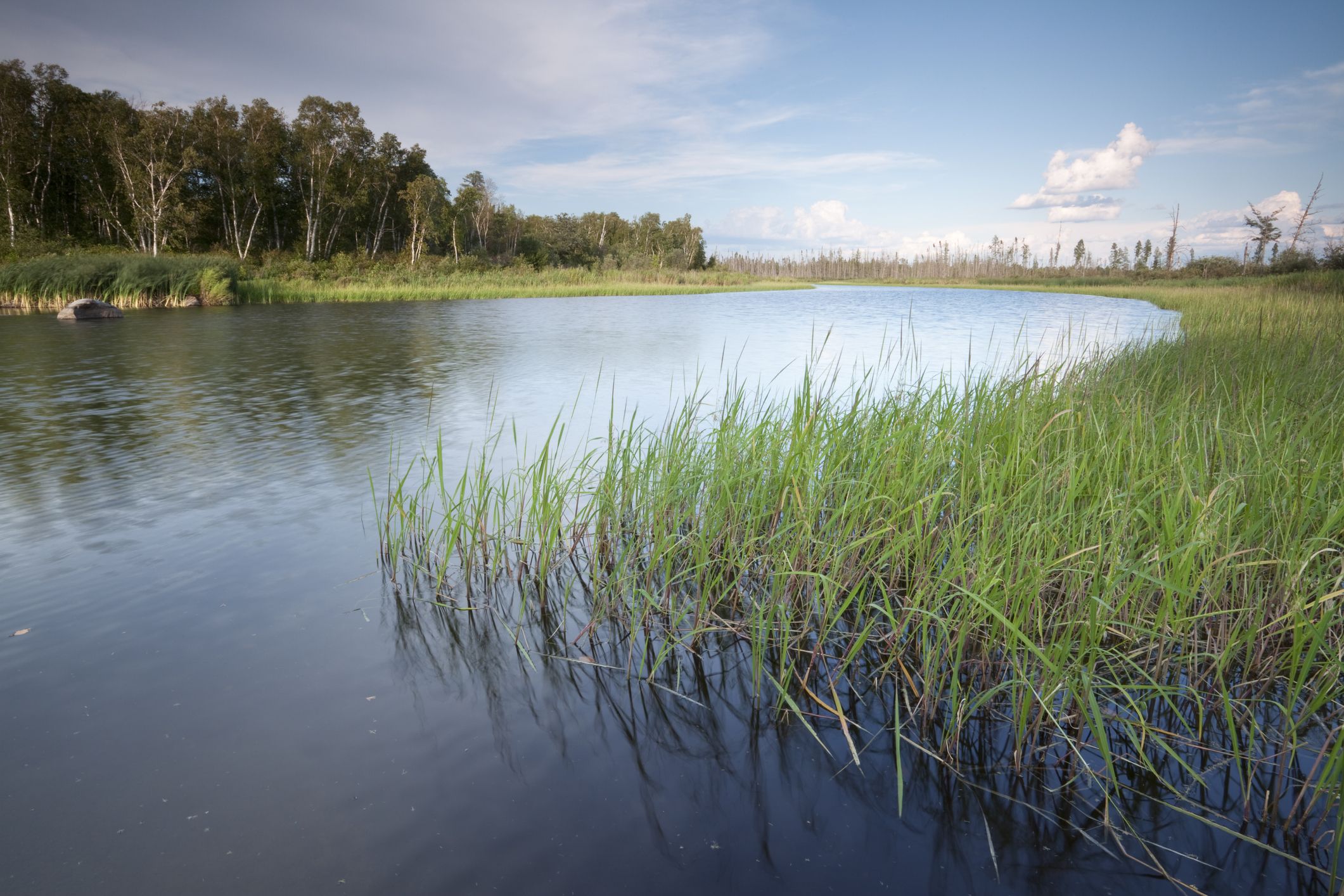
Targeted wetland restoration in heavily farmed areas would dramatically reduce the amount of nitrogen polluting rivers, lakes and coastal areas, according to a new study.…

More children and young adults are falling through the ice and fatally drowning as winters become milder and as lake ice becomes less stable, according…
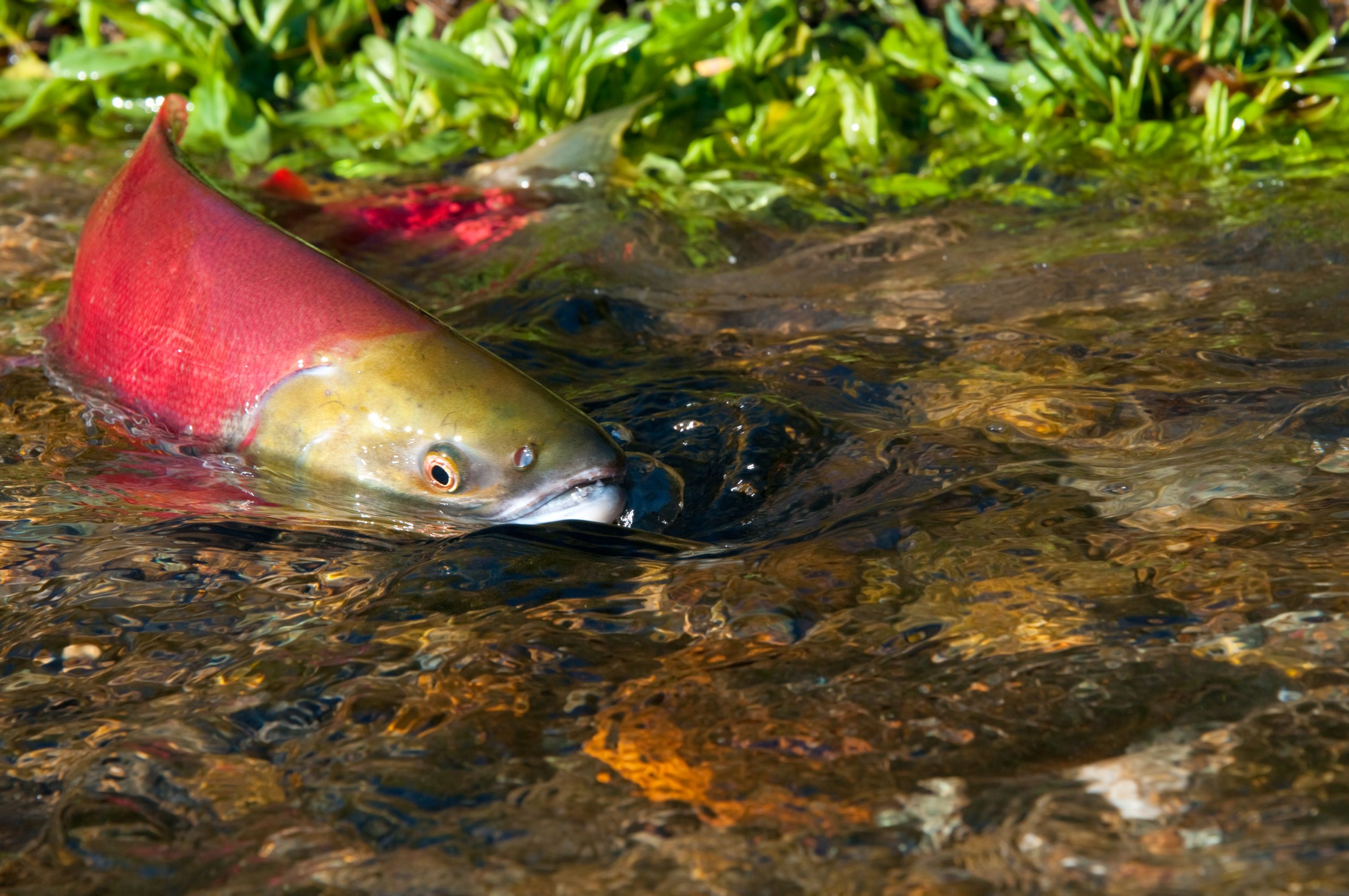
A new report by the International Joint Commission (IJC) Health Professionals Advisory Board reviews the health risks that humans are exposed to when they frequently…

The mass of ‘invisible’ microplastics found in the upper waters of the Atlantic Ocean is approximately 12-21 million tonnes, according to a new study. This…

Municipal bylaws that restrict outdoor watering every summer effectively reduce consumption only during particularly hot, dry periods, according to a new study. Researchers at the University…

The World Health Organization’s (WHO) sanitary inspection (SI) forms need an urgent upgrade to help improve the quality of small water supplies in some of…

Environmental biologists at the University of Stirling have warned that the potential spread of COVID-19 via sewage “must not be neglected” in the battle to…

A group of 59 international scientists, led by researchers at McMaster University, has uncovered new information about the effects of climate change on boreal forests…
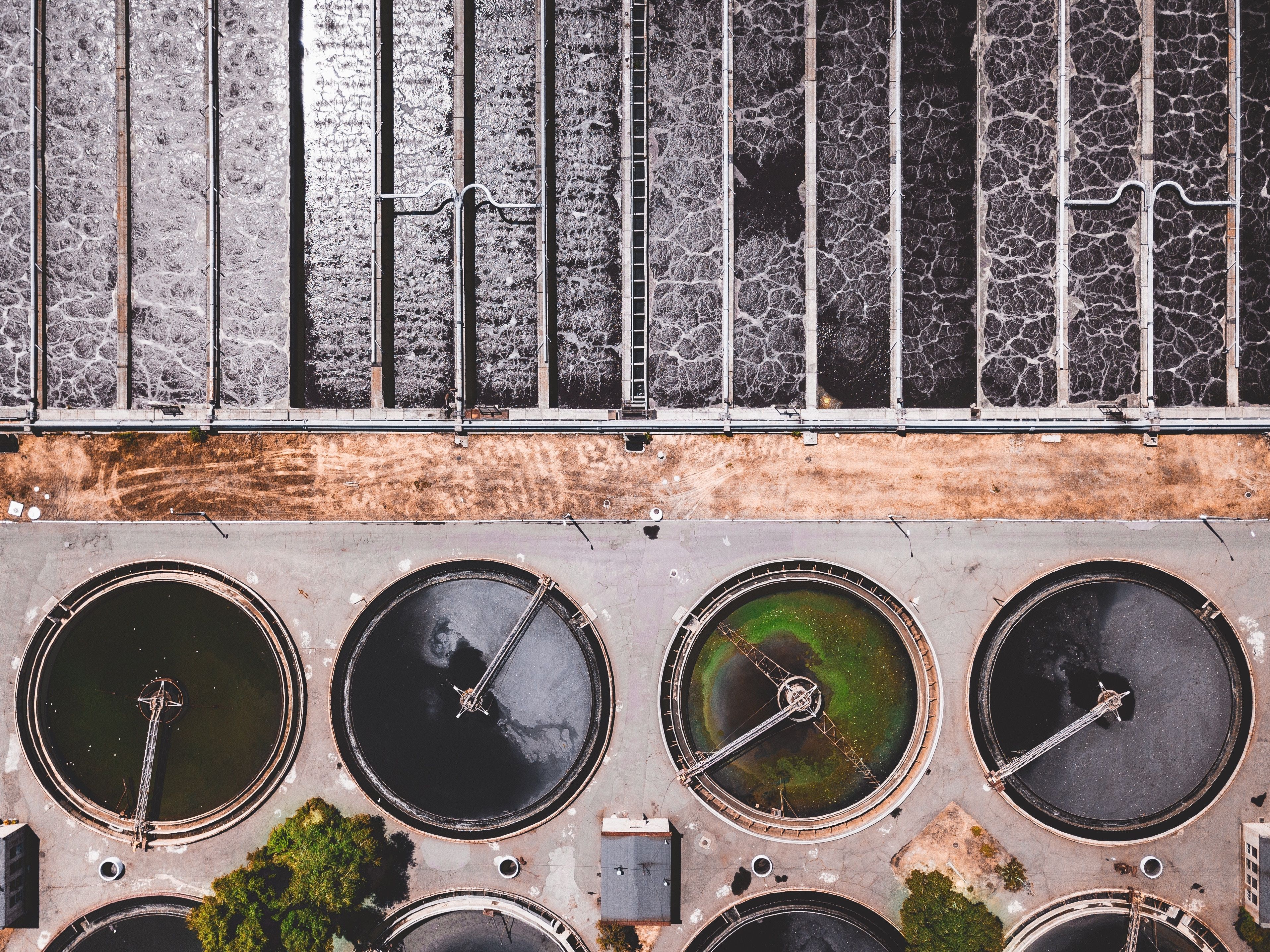
Delivering water to city dwellers can become far more efficient, according to Rice University researchers who said it should involve a healthy level of recycled…

New research from Queen’s University Belfast and Liverpool John Moores University revealed the impact that microplastic pollution is having on biodiversity. Currently up to 10…

A new test to detect SARS-CoV-2 in the wastewater of communities infected with the virus is being developed by researchers from Cranfield University and the…

A team of McMaster chemical engineers, led by PhD candidate Patrick Morkus, have developed a technology to detect toxic compounds in wastewater. The technology can tell if…